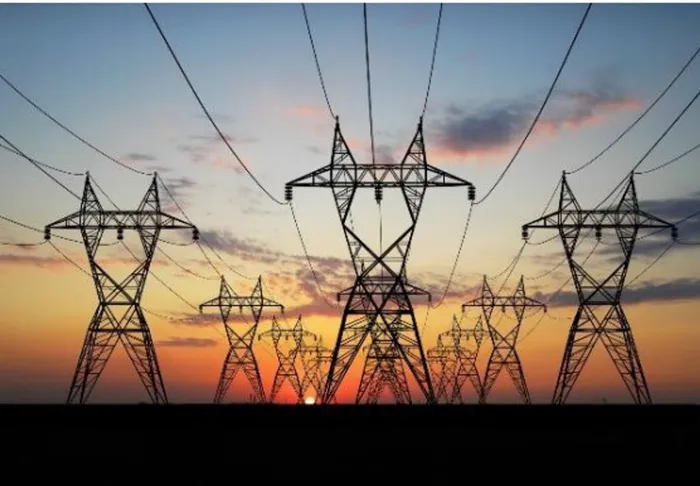Eskom says municipal debt is blocking credit upgrades and access to capital markets
ENERGY

At the end of September, Eskom was owed at least R105 billion in municipal arrear debt despite the National Treasury's intervention for municipal debt elimination, as this contributes to the power utility’s weak balance sheet.
Image: Supplied
Banele Ginindza
Eskom has warned that rising municipal debt remains a major stumbling block to improving its credit ratings, delaying its ability to re-enter capital markets without relying on government guarantees.
At the end of September, Eskom was owed at least R105 billion in municipal arrear debt despite the National Treasury's intervention for municipal debt elimination, as this contributes to the power utility’s weak balance sheet.
Briefing Parliament on its first-quarter performance for 2025/26 on Wednesday, the State-owned utility currently rated sub-investment grade by Fitch and Moody’s said ratings agencies remain unconvinced that Eskom is making meaningful progress in resolving municipal arrears.
Eskom chief financial officer, Calib Cassim, said the agencies consistently cite municipal debt as a key risk to the utility’s financial stability.
"It can be very difficult to convince the ratings agencies from an Eskom perspective. That is a key area we need to address as a country, to get Eskom to improve to get investment-grade and then when we go to the market, as it is our goal, we go without burdening the fiscus in terms of government guarantees," Cassim said.
"But we have to show traction and improvements on the municipal debt to contribute to that momentum to get those upgrades."
Eskom reported its first full-year profit in eight years, posting a profit before tax of R23.9 billion for the financial year ending March 31, 2025.
Cassim said as Eskom is about three notches below investment grade, there was hope that by the end of this financial year, the utility could get at least one upgrade following the release of the results.
"Thereafter, we hope to go to the capital markets in 18 months to 2 years time and that window allows us to get another adjustment," he said.
"We think in 2-and-a-half years we can look to get two upgrades, then we will basically be left with one short. And then maybe with one uplift from where the sovereign is, we could get there. But it's all based on the continued financial performance, the financial stability."
Agnes Mlambo, Eskom acting group executive for distribution, said the entity was trying the collaboration approach with municipalities though there were tougher options, including approaching the courts to revoke distribution licences for defaulting municipalities.
"On the first level is to try and collect. The second level is the National Treasury debt relief. We are now at a stage where we are pursuing, and aggressively so, thanks to the support of the minister and Parliament on the Distribution Agency Agreements (DAA)," Mlambo said.
"If that does fail, our next level is to follow the cutting off process in terms of the disconnection, and the last resort is revoking, asking the courts to revoke the electricity licence. Of course, that is a last resort because we intend to make the industry work."
Eskom Group CEO Dan Marokane said the utility's engagement with National Treasury and the South African Local Government Authority (Salga) over the past eight months had yielded the intervention announced by Minister for Finance, Enoch Godongwana, in the Medium-Term Budget Policy Statement (MTBPS) last week.
"The DAA has been a collaborative effort in bringing it to this point. We will figure it out. We will refine some elements of it to make sure that we have other stakeholders taking it on. It is an interim solution for us to reduce the growth in the level of municipal debt, but it is not the ultimate solution," Marokane said.
"That will come with fundamental restructuring of the municipal debt set up from an electricity distribution point of view to ensure they are viable. But in the meantime, we have pressure in arresting the increase."
Meanwhile, Eskom's chief technology and informations officer, Len de Villiers, confirmed that Eskom was in the process of acquiring a digital procurement system for all its purchases requirements and would issue a Request For Proposal (RFP) by next month.
"We are now going to market in December with an RFP to assist us in conclusion on the final solution or a digital procurement solution, and we hope to go through the analysis for a new system by January 2026," he said.
"Then [we will] select the bidder to help us with the deployment of a system to cover all the digital procurement process, from the start of the process right to the completion and execution of orders."
BUSINESS REPORT